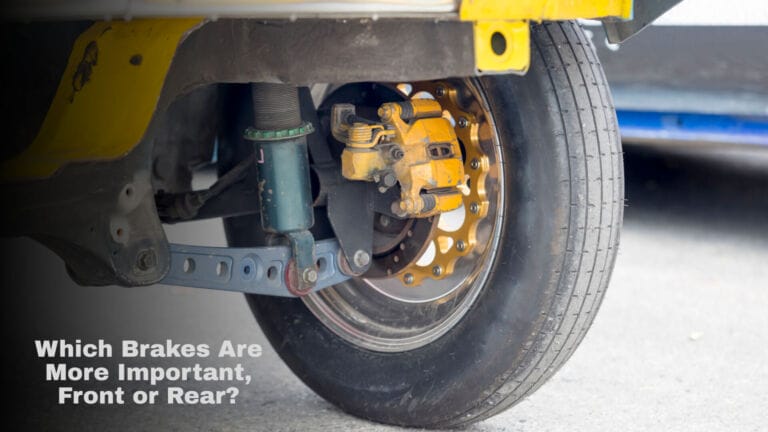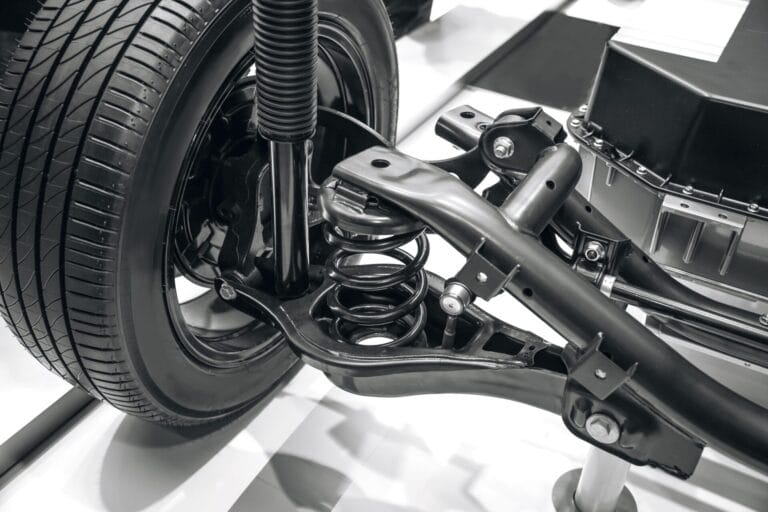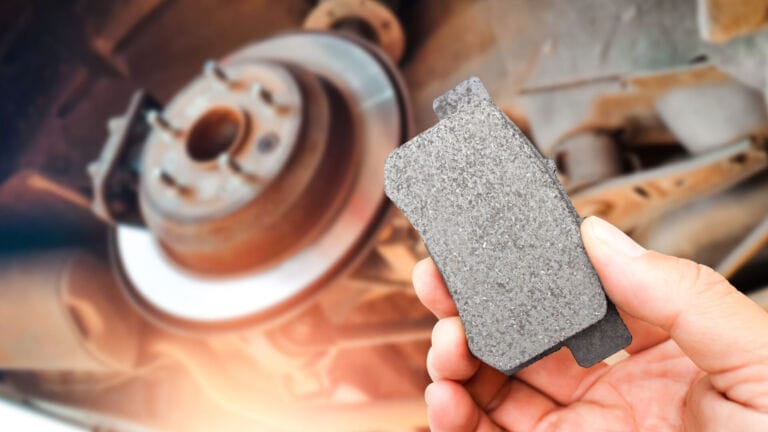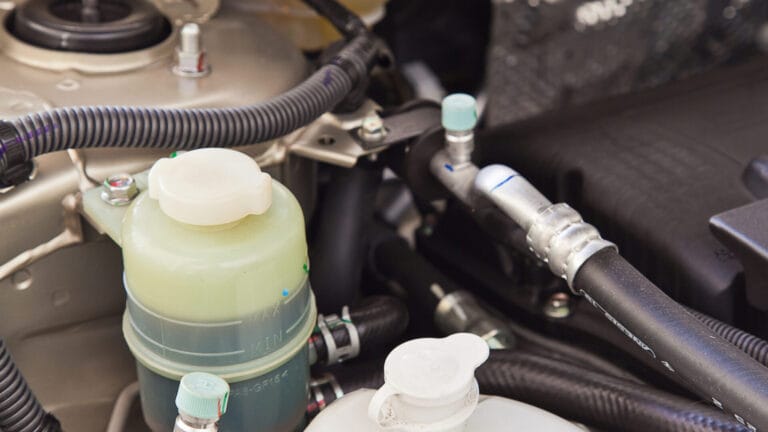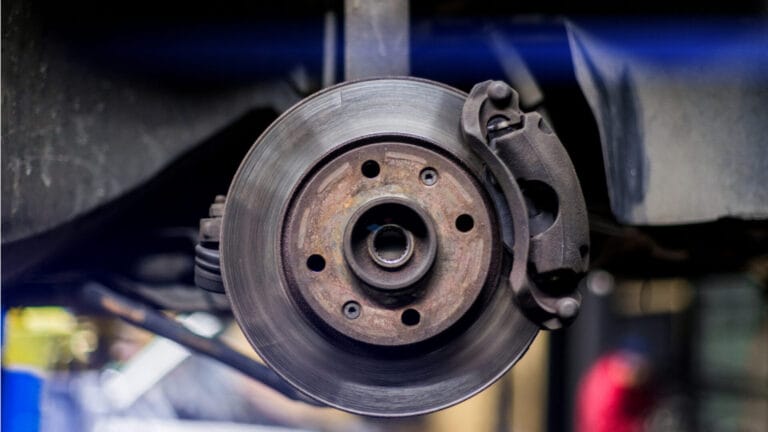Brake Pedal Goes to Floor Then Pumps Up | 4 Reasons Here
The brake is the most crucial safety component of your car. But unfortunately, it can encounter issues. The brake pedal goes to the floor and then pumps up, which is one frustrating issue.
So, what factors cause this? The main reasons behind the issue are as follows.
- Master cylinder issue
- Air trapping in the braking system
- Worn-out wheel bearing
- Bad driving habit
In this diagnosis guide, I will discuss all the reasons and help you to diagnose these. Also, I will give you the easiest way of solutions to the issues. Without further ado, let’s dig into the deep.
Brake Pedal Goes to Floor, Then Pumps Up | Reasons, Diagnosis, and Solutions
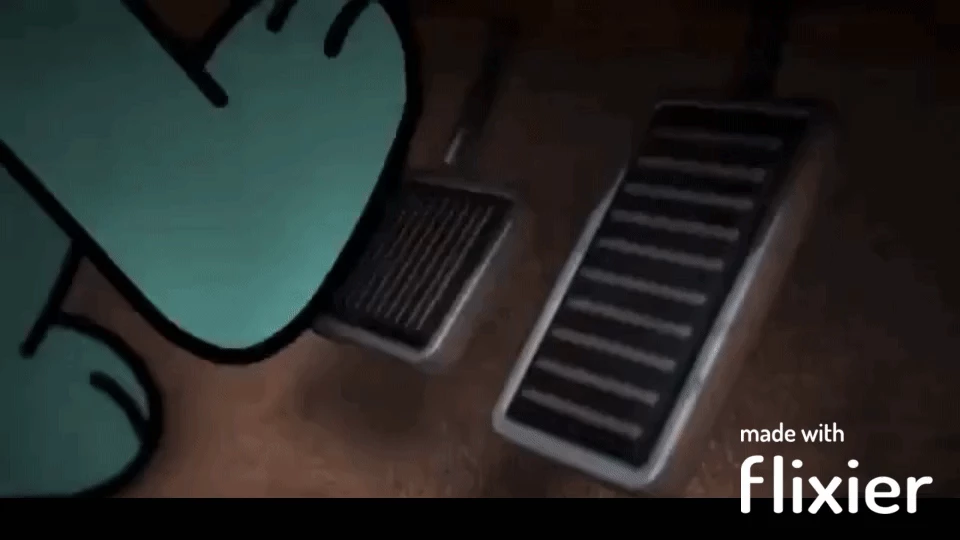
To be frank, you will find a lot of reasons to cause your brake pedal to go to the floor and then pump it back. But, all reasons are not directly related to the issue but can cause this through other issues.
But, I have experienced the 4 most common reasons discussed below that cause these brake pedal issues. Let’s break down the causes along with diagnosis and solutions.
1. Bad Master Cylinder

The brake fluid reservoir is attached to the master cylinder (Image source: Dummies)
The most common reason that causes your car’s brake pedal to go to the floor is the bad master cylinder. The master cylinder here sends the fluid to the brake lines from the brake fluid reservoir.
However, an internal leak or wear and tear in the master cylinder due to age can make the master cylinder bad. Aside from this, a bad master cylinder seal can prevent the cylinder from working properly. As a result, the master cylinder can’t perform its assigned function.
Diagnosis
- Aside from the brake pedal going to the floor, the brake pedal can be spongy.
- Check for contaminated brake fluid, low brake fluid, and grinding noise during pressing the brake pedal.
- Check for worn-out cup seals. If all these are found, the master cylinder is gone.
Solution
If the master cylinder is bad, you have to replace it.
- Lose the flare nuts that attach the brake lines to the master cylinder. Use a flare nut wrench to do so.
- Remove the master cylinder nuts that are holding it with the car system.
- Now, replace the old one with an OEM master cylinder by attaching the nuts.
- Reattach the brake line by reattaching the flare nuts snugly.
See the following video to visualize how to replace the bad master cylinder.
2. Air Trapped in the Braking System
The brake system is air-tight, and no air inside the braking system should be found. Unfortunately, this can happen, and the trapped air inside the braking system can make the brake pedal go to the floor and then pump up.
Air can be trapped in the braking system due to the following reasons.
- Low brake fluid due to regular wear and tear
- Leak in the brake line
- Changing the master cylinder
- Worn-out brake pads, pistons, or calipers
All these reasons can draw air into the braking system.
Diagnosis
- Check if the brake feels soft and is not as effective as it should be.
- Jack up your car and check for physical wear and tear on brake pads, calipers, or pistons.
- Check for oil puddles beneath the car. It indicates the leak in the brake fluid line. This will also cause low brake fluid levels.
All these symptoms indicate air inside the braking system.
Solutions- Part 1: Fixing the Other Issues First
If air is trapped inside the braking system, you must bleed the brake to remove the air from the system. But before that, do the following first.
- Worn-out brake pads, calipers, and pistons: If there are worn-out brake pads, calipers, or pistons., they can leak brake fluid. Check for wear and tear and replace them.
- Fix the leak in the braking line: Now, tell someone to press the brake pedal, and you go under the car. When your helping hand presses the brake pedal, check for an oil leak on the brake line. Repair or replace the brake line component, including the brake hose, if the leak is found.
- Refill the brake fluid: After that, check the brake fluid level to see if it is under the minimum level. Remove the brake fluid entirely and then top it up to the maximum level. As a result, if there is contaminated fluid, it will be wiped out.
Low brake fluid can happen due to regular wear and tear. In this case, simply refilling the fluid level will work fine if you haven’t found any leak in the braking system.
Solution- Part 2: Bleeding the Brake
Now, bleed the brake. To do so, follow the steps below. You have to bleed all hydraulic brake-enabled points in each wheel.
- Remove the wheel.
- Put some brake fluid in a clean bottle and attach a plastic bleeding tube to the bottle.
- Now, attach the other end of the plastic tube to the brake nozzle of your car.
- Now, tell some to press the brake pedal one after another.
- You will see air coming out from the braking system through the tube to the, as well as some brake fluid.
- Tell your helping hand to press the brake pedal till the air bubbles stop coming out.
- After the air bubble stops coming out, remove the tube from the nozzle and reattach the brake line and the wheel.
- Refill the brake reservoir and do the same for all braking points on all wheels.
Puzzled up? No worries. The following video will help you to do so.
Note: You may notice that-
Air trapping inside the braking line, braking line leaking, master cylinder leaking, worn-out brake pads, caliper, piston, etc., are all interconnected. So, I believe these reasons are not required to be discussed separately.
3. Worn-Out Wheel Bearing
Worn-out wheel bearings can cause the brake pedal to go to the floor. Here’s how it causes it.
- If the wheel bearing is bad, it will impact the brake rotors because the brake rotors are held aligned by the wheel bearing.
- If so happens, the rotor will wobble in its place.
- As a result, the rotor will push the brake caliper piston into its bore during the wobbling.
- When you press the brake pedal, the piston needs to travel a long way since the rotor wobbling sends it farther.
- So, the brake pedal then goes to the floor and then pumps when you move your foot.
- Diagnosis and Solution
- Check for the wheel wobbling, as I mentioned earlier.
- Your car may pull to one side; the steering wheel will vibrate
- The ABS can fail to operate; the ABS light will come on. Also, you may hear a clicking sound from the affected wheel.
- In this case, you must replace the affected wheel bearing. Please do it by hiring a professional since it is a little complicated task.
- This may cost you around $350 for one wheel, including the labor and parts.
4. Bad Driving Habit
Your driving habit can also cause this occurrence. If you have a rough driving habit as well as frequent and rough braking, your braking system will get hot. If you do such reckless braking, the hot fluid of your braking system can’t properly work, and your brake pedal can go to the floor.
In this case, please maintain proper driving habits.
Brake Maintenance Tips to Prevent the Brake Pedal from Going to the Floor
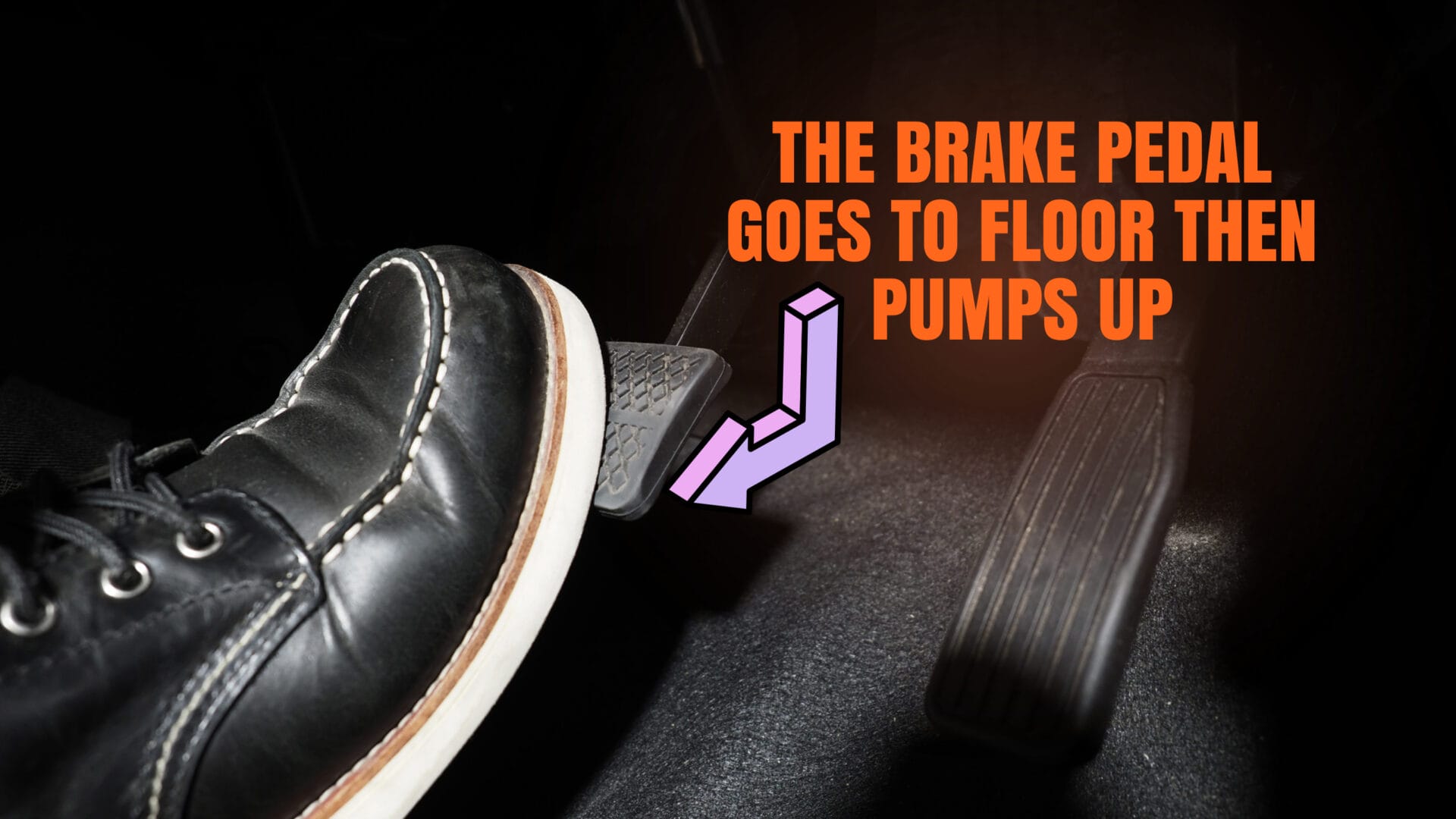
Here are suggestions you should follow.
- Check the brake fluid level regularly. If it decreases, please refill it to the maximum mark.
- Check for any wear and tear at regular intervals, like once a month. If any wear and tear is found, address them as fast as possible.
- Tune your car’s braking system once every 4 months. 3 times a year.
FAQs
Here are some additional queries answered regarding the brake pedal going to the floor.
Can a bad brake booster make the brake pedal go to the floor and then pump up?
This fact is arguable. Mainly, a brake booster makes the brake pedal hard, and it feels very firm when pushing. But in rare cases, a bad brake booster can do so if the brake is vacuum-assisted.
Can I drive with a “my brake pedal goes to the floor” situation?
A big no here. Please pull off your car and diagnose the reasons first. Address the reasons promptly and then drive. Otherwise, you can encounter any unwanted event, such as a severe accident due to a failed brake.
Final Words
The brake pedal goes to the floor and then pumps up, which can happen due to various reasons. A bad master cylinder and trapped air inside the braking system are the two main reasons.
However, all these issues are fixable. But, if you can’t fix these yourself, consult with a professional auto mechanic to avoid getting the situation worse.
Also, follow the maintenance tips to maintain your car’s braking system properly. By the way, don’t take risks driving with braking issues.

